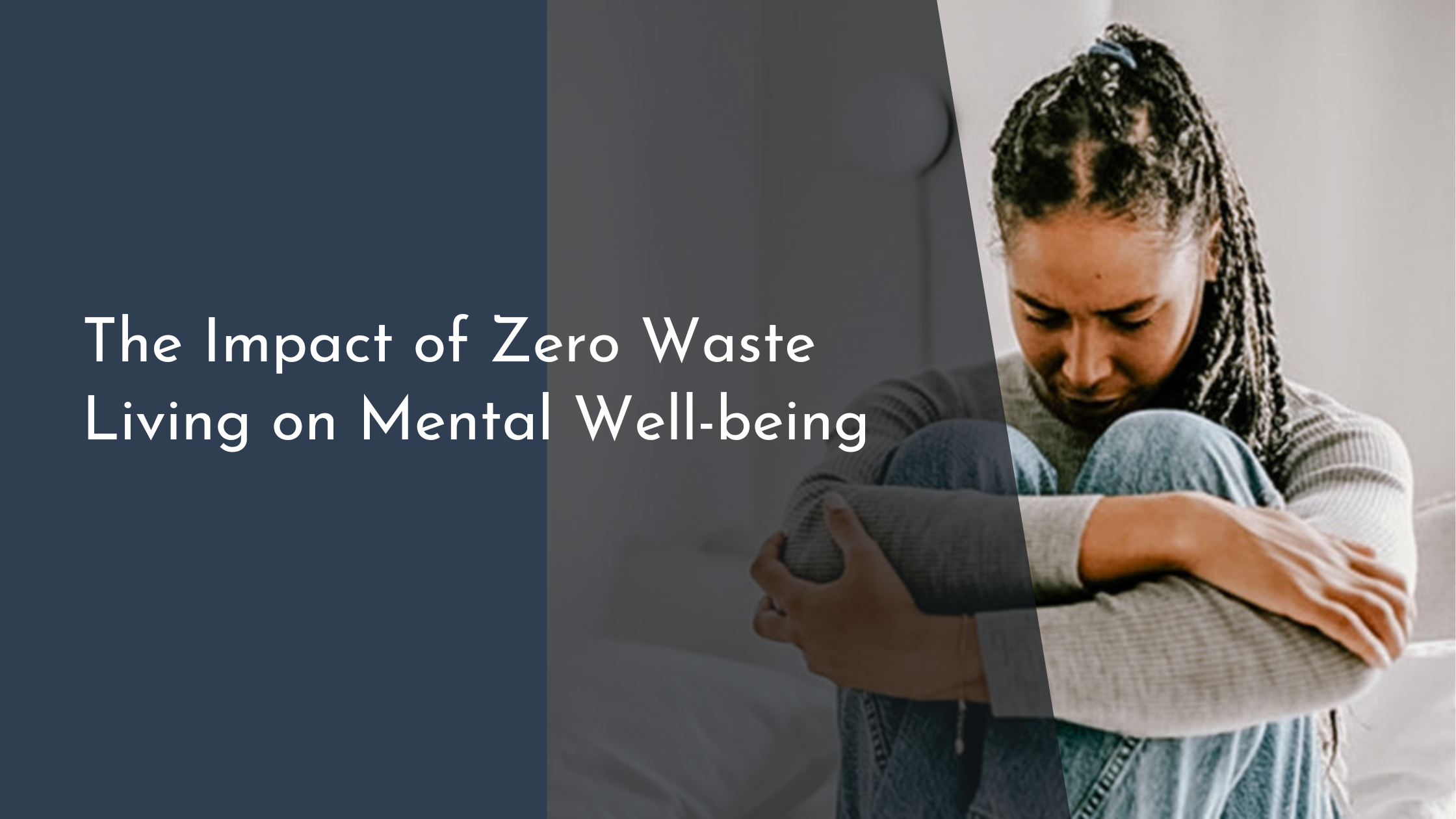The Impact of Zero Waste Living on Mental Well-being
In recent years, the concept of zero waste living has gained significant traction as people become increasingly aware of their environmental impact. Beyond its ecological benefits, adopting a zero waste lifestyle can also have profound effects on mental well-being. By understanding the principles of zero waste living and its psychological motivations, individuals can uncover a path to improved mental health and a more positive outlook on life.
Understanding Zero Waste Living
The principle of zero waste living revolves around the minimization of waste production by refusing, reducing, reusing, recycling, and composting. This approach aims to keep as many materials as possible out of landfills, thereby protecting the environment and conserving natural resources. By embracing this lifestyle, individuals commit to making conscious choices in their daily lives, from the products they purchase to the ways they manage their waste, creating a sustainable cycle of consumption and disposal.
Living a zero waste lifestyle often involves a shift in mindset, which can be both challenging and rewarding. It requires individuals to critically evaluate their habits and make intentional changes that align with their values of environmental responsibility. As people engage in practices like buying in bulk, opting for reusable items, and supporting sustainable brands, they find themselves forging a deeper connection with their environment and community. This heightened awareness and intentionality can lead to a more balanced and fulfilling life.
The Psychology Behind Sustainable Practices
The decision to pursue zero waste living is rooted in the psychology of sustainable practices. Environmental psychologist suggest that our behaviors are influenced by an intrinsic desire to be part of the solution to global issues, such as climate change and pollution. This motivation is often fueled by a sense of responsibility and empowerment, knowing that individual actions can collectively lead to significant changes.
Moreover, sustainable living practices align with psychological theories like self-determination theory, which emphasizes the importance of autonomy, competence, and relatedness. By choosing a zero waste lifestyle, individuals experience heightened levels of autonomy as they make choices that directly reflect their values. They also build competence as they learn new skills and strategies for reducing waste. Simultaneously, they foster relatedness by connecting with a community of like-minded individuals who share similar goals, creating a supportive network that enhances mental well-being.
Mental Health Benefits of a Waste-Free Lifestyle
Adopting a zero waste lifestyle can lead to numerous mental health benefits, one of which is reduced stress. By simplifying their lives and focusing on minimalism, individuals can declutter their living spaces, creating a more serene and organized environment. This physical decluttering often translates to mental clarity, as it allows individuals to prioritize what truly matters to them, leading to reduced anxiety and a greater sense of control.
Additionally, zero waste living encourages mindfulness and intentionality, which are known to have positive impacts on mental health. By being present in their consumption choices and considering the lifecycle of products, individuals can cultivate a deeper appreciation for their resources. This mindful approach not only reduces impulsive buying and waste, but it also fosters a sense of gratitude for the things they own and use, leading to increased happiness and contentment.
Embracing Positivity: A Joyful Conclusion
Embracing zero waste living is not just about reducing waste; it’s about embracing a more positive and joyful way of life. As individuals engage in sustainable practices, they often find themselves forming deeper connections with their community and environment, which enhances their sense of belonging and purpose. This sense of community can be incredibly uplifting, as it provides support and encouragement throughout their zero waste journey.
Zero waste living is an empowering lifestyle choice that brings with it a myriad of benefits, both for the planet and for personal mental well-being. By aligning their values with their actions, individuals can experience a greater sense of fulfillment and joy. As people continue to explore and expand their zero waste practices, they create a ripple effect, inspiring others to join them in making a positive impact on the world.
In conclusion, zero waste living offers more than just environmental advantages; it fosters an enriched mental state and enhanced quality of life. By understanding the motivations and psychological benefits behind sustainable practices, individuals can harness the power of zero waste living to cultivate peace, clarity, and happiness. As we journey towards a more sustainable future, embracing zero waste living can be a joyful and transformative experience for both the planet and our mental well-being.

